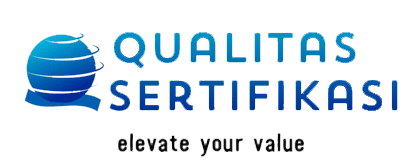From Pilot to Mandatory: The Three Phases of CORSIA Implementation
International aviation plays a crucial role in our interconnected world, but it comes at a significant environmental cost. The industry is responsible for approximately 900 million metric tons of CO2, accounting for about 2.5% of global carbon dioxide emissions, a figure that is projected to grow significantly in the coming decades. Recognizing this pressing challenge, the International Civil Aviation Organization (ICAO) established the Carbon Offsetting and Reduction Scheme for International Aviation (CORSIA) in 2016.
How CORSIA Works
CORSIA operates on a straightforward principle: airlines are required to offset their carbon emissions by investing in approved carbon reduction projects. These projects can range from renewable energy initiatives to reforestation efforts, all aimed at reducing or removing greenhouse gases from the atmosphere. The offsetting mechanism ensures that the aviation industry's growth does not come at the expense of the environment.
The Three Phases of CORSIA Implementation
Pilot Phase (2021-2023)
The Pilot Phase of CORSIA, spanning from 2021 to 2023, was designed to serve as a testing ground for the scheme. During this phase, participation was voluntary, allowing states to opt-in and gather valuable data on carbon emissions from international flights. This phase played a crucial role in setting the baseline for future offsetting requirements by providing insights into emission levels and the effectiveness of the program.
First Phase (2024-2026)
Starting on January 1, 2024, CORSIA entered its First Phase. This phase marked the expansion of the scheme, with more states choosing to participate voluntarily. The baseline for offsetting requirements during this phase is set at 85% of 2019 emissions. This means that airlines need to offset any emissions above this baseline by investing in carbon reduction projects or purchasing carbon credits. The First Phase is essential in bridging the gap between the initial testing period and the full implementation of the scheme.
Second Phase (2027-2035)
The Second Phase of CORSIA, commencing in 2027, is a significant milestone as participation becomes mandatory for all ICAO Contracting States. The inclusion criteria are based on 2018 Revenue Tonne Kilometer (RTK) data, ensuring that countries with higher levels of international aviation activity contribute proportionally to emission reduction efforts. This phase aims to achieve more ambitious emissions reduction targets and reinforces the global commitment to combat climate change.
The Importance of ISCC CORSIA
The International Sustainability and Carbon Certification (ISCC) plays a critical role in supporting CORSIA. ISCC CORSIA certification ensures that the carbon credits used to offset emissions meet stringent sustainability criteria. Here's how ISCC CORSIA makes a difference:
- Credibility and Trust: By adhering to rigorous standards, ISCC CORSIA provides assurance that the carbon offsets are genuine, verifiable, and contribute to real emissions reductions. This credibility is vital for gaining the trust of stakeholders, including airlines, governments, and consumers.
- Sustainability: ISCC CORSIA promotes sustainable practices across the supply chain. This includes ensuring that biofuels and other renewable resources used in aviation are produced in an environmentally responsible manner, thereby supporting the broader goals of sustainability and carbon neutrality.
- Transparency and Accountability: The certification process involves detailed documentation and auditing, enhancing transparency and accountability. This helps prevent fraudulent activities and ensures that the carbon credits are traceable and legitimate.
- Global Collaboration: ISCC CORSIA fosters international cooperation by establishing a common framework for sustainability certification. This enables countries and airlines to work together towards a shared goal of reducing aviation's carbon footprint.
The Impact on the Aviation Industry
CORSIA's implementation has brought about several significant changes in the aviation industry:
- Increased Accountability: Airlines are now more accountable for their carbon emissions, promoting transparency and encouraging sustainable practices.
- Innovation in Carbon Reduction: The need to offset emissions has spurred innovation in carbon reduction technologies and practices within the aviation sector.
- Economic Opportunities: The demand for carbon credits and investment in carbon reduction projects has created economic opportunities in various sectors, including renewable energy and sustainable agriculture.
CORSIA is a landmark initiative in the aviation industry's journey towards sustainability. By addressing carbon emissions through a phased approach, it lays the groundwork for long-term environmental stewardship. The support of ISCC CORSIA is indispensable in this effort, providing the necessary certification and credibility to ensure that carbon offsetting is both effective and trustworthy.
For more information about the ISCC CORSIA, please visit our website or contact us today!
Recent posts
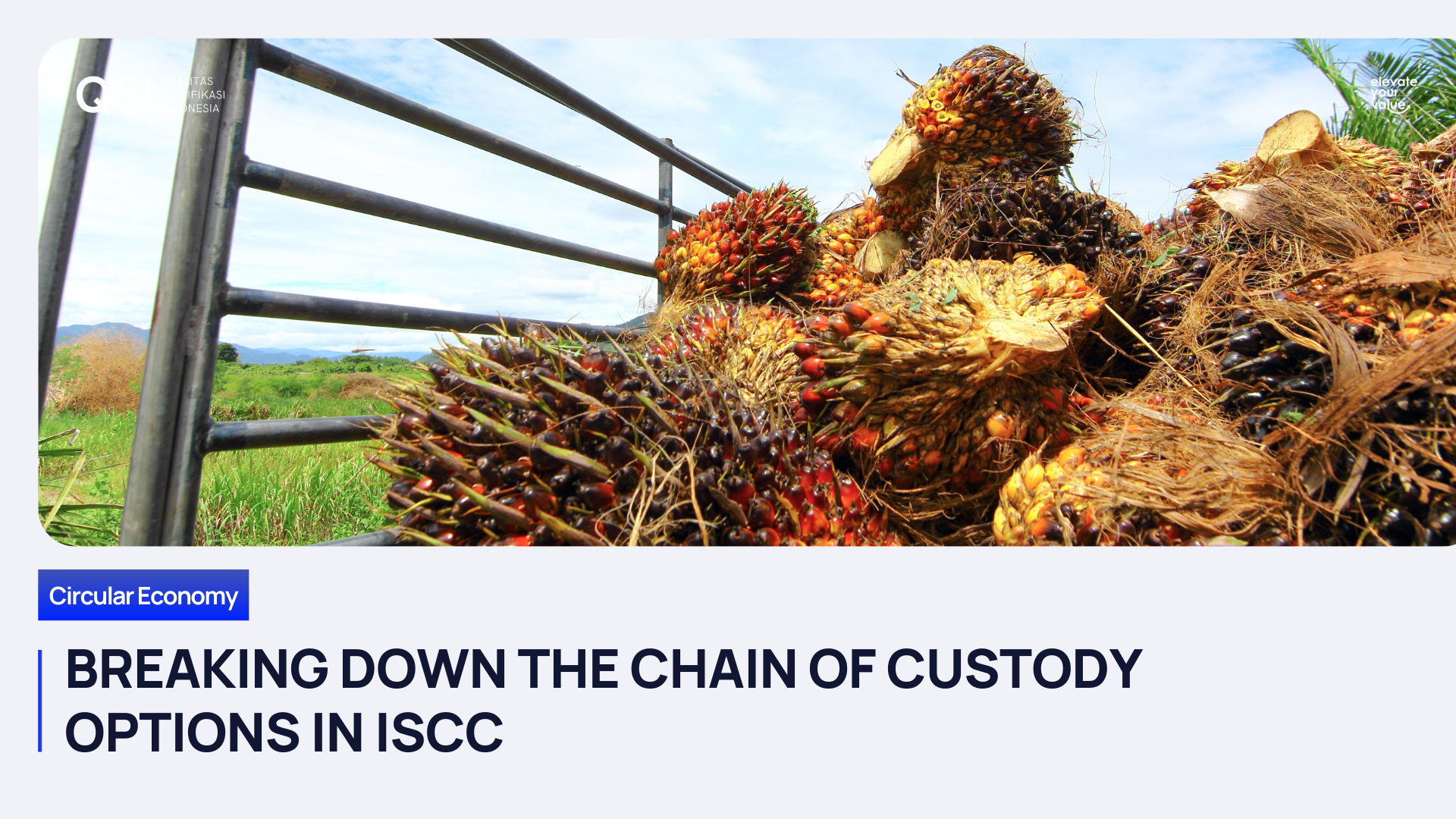
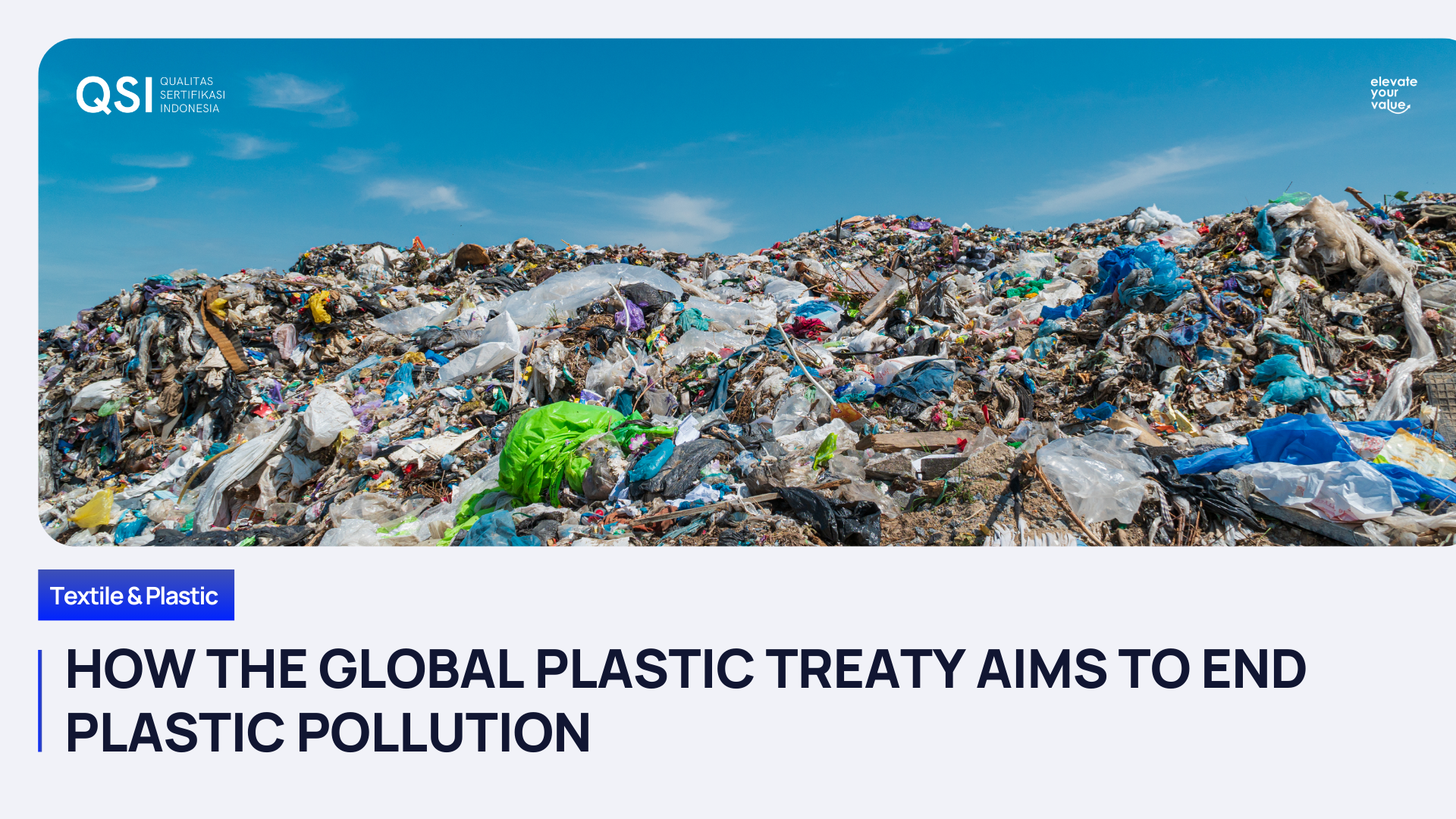
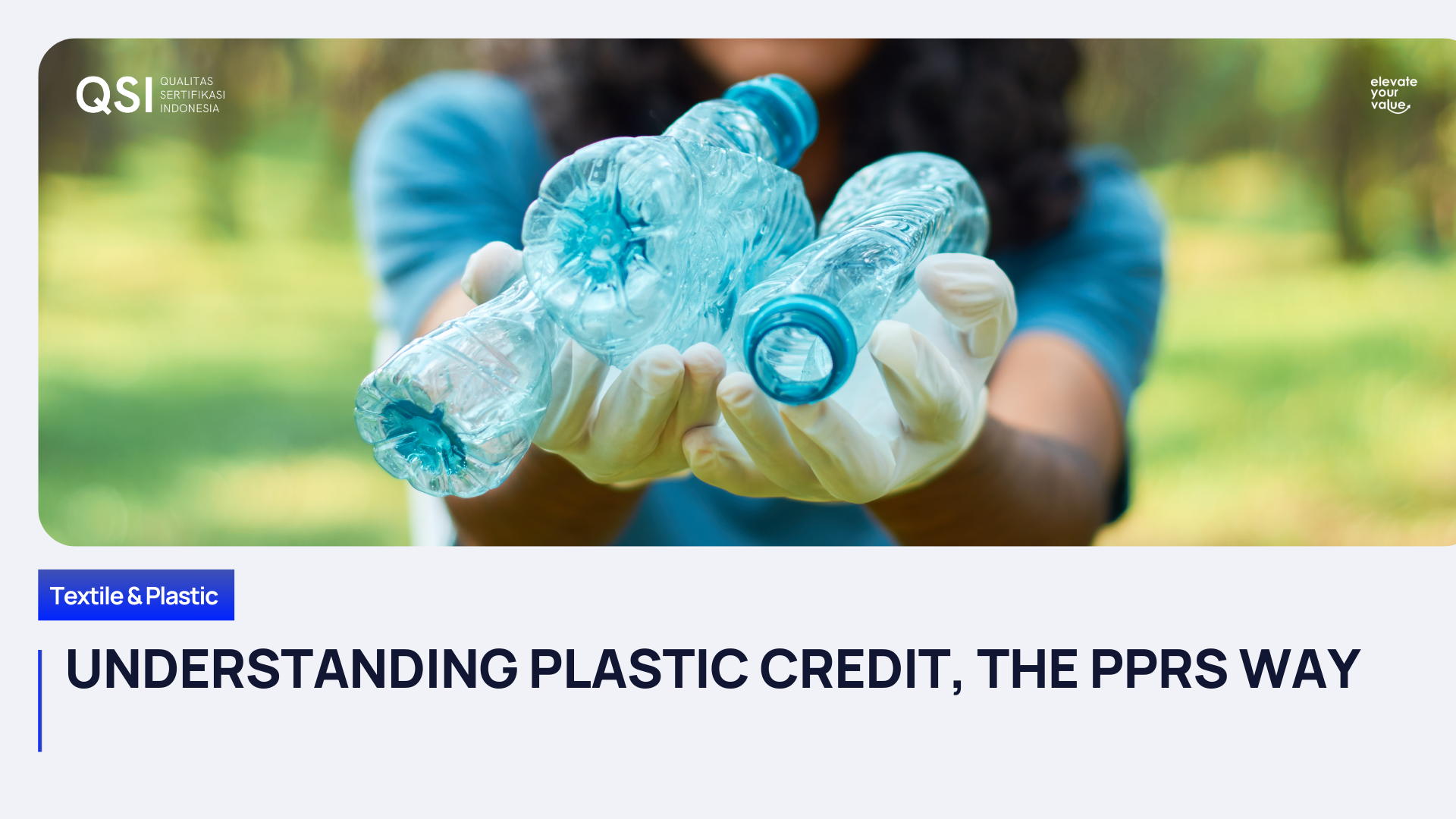
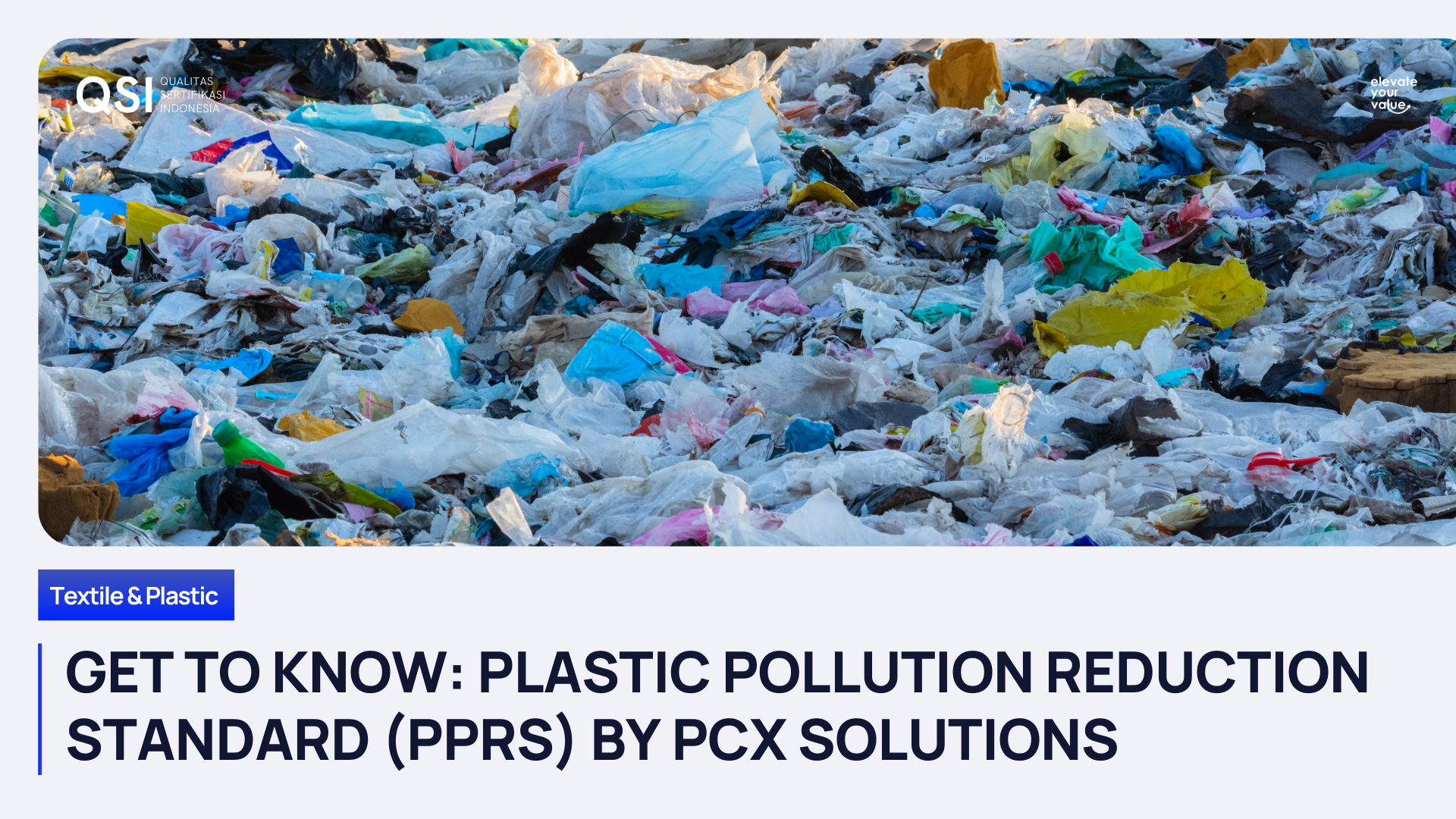
Drop us a line
Contact Us
We will get back to you as soon as possible.
Please try again later.
Share



General Inquiries
Phone
+62 21 2949 1946
Headquarter
The CEO Building, Level 12th
Jl. TB Simatupang No. 18C
Cilandak Barat, Cilandak
Jakarta Selatan, DKI Jakarta 12430
Indonesia
Operational
Menara Sun Life, 7th Floor
Jl. Dr. Ide Anak Agung Gde Agung Blok 6.3
Kuningan Timur, Setiabudi
Jakarta Selatan, DKI Jakarta 12950
Indonesia
Programs
Quick Links
Qualitas Sertifikasi Indonesia
PT Qualitas Sertifikasi Indonesia
